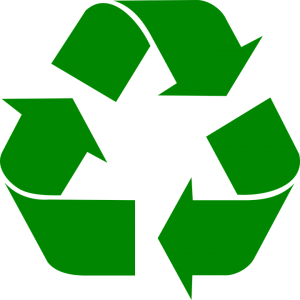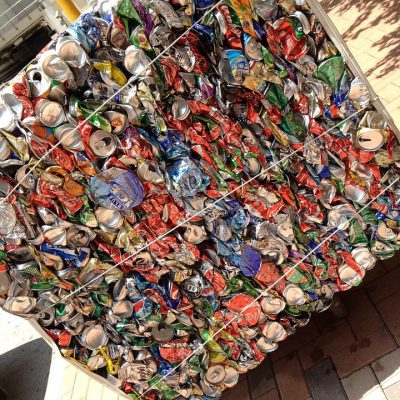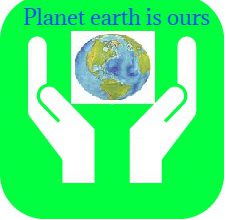If you look right under a plastic bottle you would see the ‘three chasing arrows’. These three chasing arrows are usually interpreted as the 3Rs – Reduce Reuse Recycle. But that’s not what they stand for. Did you know that those chasing arrows stand for ‘closed loop‘ .
The terms ‘close the loop’ are words some of us use occasionally. Sometimes we hear these words on TV, workshops, news and events. But do we know what it really means and why it is important for us to ‘close the loop’?
Closed Loop Recycling Definition
Closing the loop starts right from the moment we place recyclables in the recycling bin. The materials are picked and taken to the factories where they are processed into new materials….and then we the consumers buy new products made from the recycled materials and the cycle goes on and on! Interesting isn’t it?
Composting Contributes to a Closed Loop System
Another good example of a closed loop system is when we compost. Composting contributes to a closed loop system. Composting has a massive positive impact on our environment.
The process whereby food scraps like coffee grounds, grass clippings, paper are assembled in a pile, kept moist and turned frequently to yield compost which is now added back to the soil to produce even more food is a never ending cycle we should be proud of and also be grateful for.
We have to keep this closed loop process intact by doing our own part to recycle and buy materials made from recycled products.
Gary Anderson Creator Of The Chasing Arrows

The ‘chasing arrows’ was created by Gary Anderson in 1970. This logo has helped people better understand the importance of living a sustainable lifestyle. The chasing arrows stand for ‘the closed loop‘ system. The logo symbolizes our hope for the environment and it makes us see waste as a resource rather than ‘garbage’ that should be buried away in the landfill.
Why you should close the Loop
- Preserve natural resources
Extracting and processing raw materials contribute immensely to pollution. When we close the loop the need for this stage of obtaining virgin materials is eliminated. This way we preserve our natural resources.
- Energy
Less energy is required in processing recycled materials into new products. Processing virgin materials into products would require a lot of energy for – extraction, processing, refining and transportation.
- We protect our home – the Earth
Closing the loop helps reduce the vast amount of pollution that would have occurred from extraction and processing of virgin materials.
Example of a closed loop system
After consuming a can of pop, you toss the can into the recycling bin, the bin is picked up at the curb by a garbage truck and taken to the material recycling facility (MRF) for sorting. Once, the cans and other recyclables leave the MRF they are taken to a processing plant where they can be processed into new materials.
Apart from processing the old aluminum cans into new cans, aluminum cans can also be processed into completely different products like bicycles, airplane parts, cooking pots and pans, building parts….and the list goes on!
Did you know?

- Aluminum cans can be recycled indefinitely!
- Recycling Aluminum decreases the amount that ends up in landfills by 55 percent, according to the U.S EPA.
Here’s how you can help
Anytime you are having a get together or are at a party encourage people around you to recycle! Pass the message to your friends and family. Plastic bottles are also items you see people throw out at parties. In most cases, guests want to recycle but cannot be bothered because the recycling bins are not visible. Ensure you place recycling bins in visible spots for your guests.
In a nutshell…
Closing the loop basically involves these stages – collection of recyclables, transportation, processing and purchasing.
We close the loop by placing recyclables like aluminum cans and plastic bottles in the recycling bin and buying items made from recycled materials.
Are there other ways you’re closing the loop? Drop comments below. I’d love to hear from you.


Thanks a lot for that!
Do you think our dietary choices can have a big environmental impact?
Consuming a lot of meat will result in depletion of natural resources. Farmers will have to keep working hard to raise livestock since a lot of water is needed to grow their food ‘grains’.
Although we recycle stuff like crazy, I really did learn something from your post.
I must have seen that sign a million times, but never knew its origin.
Thanks for an informative and interesting article.
So many people misinterpret that sign and they think it means reduce reuse recycle. I’m glad you learnt something from my post. Thanks for stopping by.